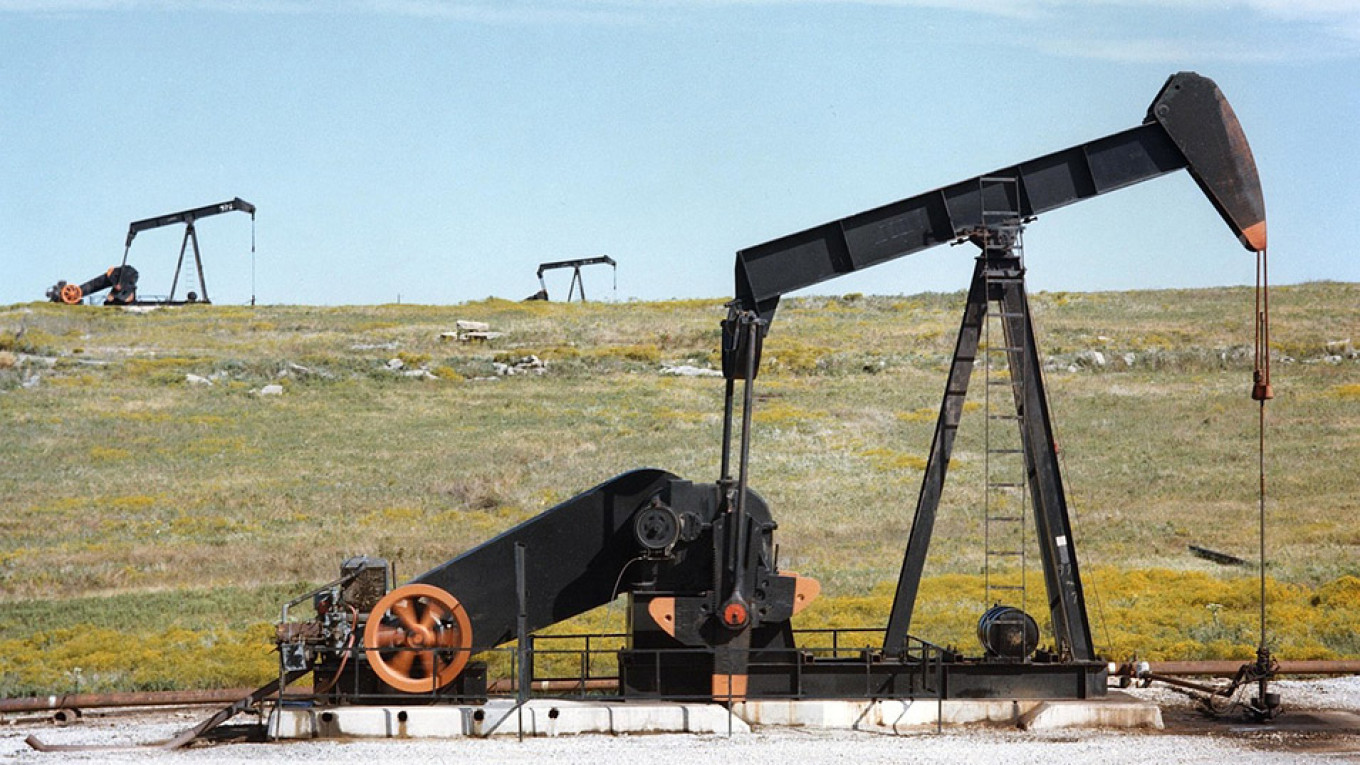
Russia will hold talks with Poland, Belarus and Ukraine on Friday about how to solve a problem of polluted Russian oil being pumped through a major pipeline serving Europe and which supplies refineries as far west as Germany.
Poland, Germany, Ukraine and Slovakia have suspended imports of Russian oil via the Druzhba pipeline over quality concerns, triggering a rare crisis over supply from the world’s second-largest crude exporter.
The problem arose last week when an unknown Russian producer contaminated oil with high levels of organic chloride that is used to boost oil output but which must be separated before shipment as it can destroy refining equipment.
Russia’s Energy Ministry said on Friday that pipeline monopoly Transneft and other Russian companies had a plan to mitigate the effects of the contaminated oil, without giving details.
It said representatives from Russia, Poland, Ukraine and Belarus would meet to discuss the issue in the Belarus capital Minsk on Friday.
Russia has said it planned to start supplying clean oil via a pipeline to the border with Belarus on April 29.
The suspension cuts off a major supply route for Polish refineries owned by Poland’s PKN Orlen and Grupa Lotos, as well as plants in Germany owned by Total, Shell, Eni and Rosneft.
Some refiners have outlined plans to use alternative supplies, but analysts say other routes cannot completely fill the shortfall. The pipeline issue helped left global crude prices on Thursday.
The pipeline also serves the Czech Republic. Traders had said flows there were halted but Czech pipeline operator Mero said on Thursday Russian oil shipments were still proceeding and lower quality oil had not yet reached the country.
In Hungary, another market on the supply route, energy firm MOL said it was aware of problems in the pipeline’s northern sector but in the southern area, where MOL and its Slovnaft unit was conducting checks, quality still met requirements, state news agency MTI reported.
MOL did not immediately reply to a Reuters request for comment.
Russia’s Energy Ministry said oil supplies were continuing via the Baltic Sea port of Ust-Luga, where traders had said some buyers started to refuse taking cargoes due to quality worries.
